Iran doing right thing in reducing JCPOA commitments: Analyst
An American political analyst says Iran “is doing the right thing” in suspending parts of its commitments under a 2015 nuclear deal in response to the US’s exit from the agreement, adding that the whole procedure is “a win” for the Islamic Republic.
Michael Lane, founder of the American Institute for Foreign Policy from Washington, made the remarks on Press TV’s The Debate program on Monday.
He described Iran’s process of scaling back parts of its commitments under the Joint Comprehensive Plan of Action (JCPOA) on a stage-by-stage basis as “a fairly expected response to the situation that the United States has pressed upon Iran.”
“I think Iran is being very careful about the way they disentangle from the JCPOA. They’re going about it very deliberately…They announce in advance what steps are going to be taken, and then they provide full access to the IAEA to inspect and verify the steps they have taken indeed,” he said, using an acronym for the International Atomic Energy Agency.
Through the measures, he added, Iran puts pressure on the European signatories to the JCPOA to fulfill their end of the bargain and, at the same time, advances its nuclear program.
“Iran, I think, is strategically playing this very very carefully. They’re doing the right thing, of course, they’re doing it for two reasons: Number one is to put pressure on the Europeans to come closer to meeting what Iran expects under the European obligations under the JCPOA ..., and the second reason that Iran is doing this is of course because it does advance its nuclear program... so all of this is a win for Iran as I see the way they’re looking at it,” Lane said.
Reduced commitments “have been in response to the problems they (the Iranians) face as a result of not only [US] President [Donald] Trump withdrawing from the JCPOA, but then the sanctions that he has snapped back onto the country of Iran,” he pointed out.
So far, Iran has rolled back some of its nuclear commitments three times in compliance with Articles 26 and 36 of the JCPOA.
Tehran says its reciprocal measures will be reversible as soon as Europe finds practical ways to shield the Iranian economy from unilateral US sanctions which were imposed last year when Trump withdrew from the nuclear deal.
European signatories — Britain, Germany and France — have so far failed to uphold their commitments. They have expressed vocal support for the deal, but failed to provide meaningful economic incentives as required under the nuclear agreement.
Iranians protest against Israel after Netanyahu ICC warrant
Germany undecided on complying with ICC arrest warrants for Israeli war criminals
VIDEO | Former FBI agent criticizes US Congress for 'outright corruption'
IRGC chief urges Muslim countries to cut aid routes to Israel
'New chapter in cooperation': Iran, Venezuela sign new MoUs
Jordan sentences former lawmaker for supporting Palestinian resistance
Basij volunteer forces hold massive drills in southwestern Iran
Israeli war criminals 'not welcome', US city says after ICC ruling



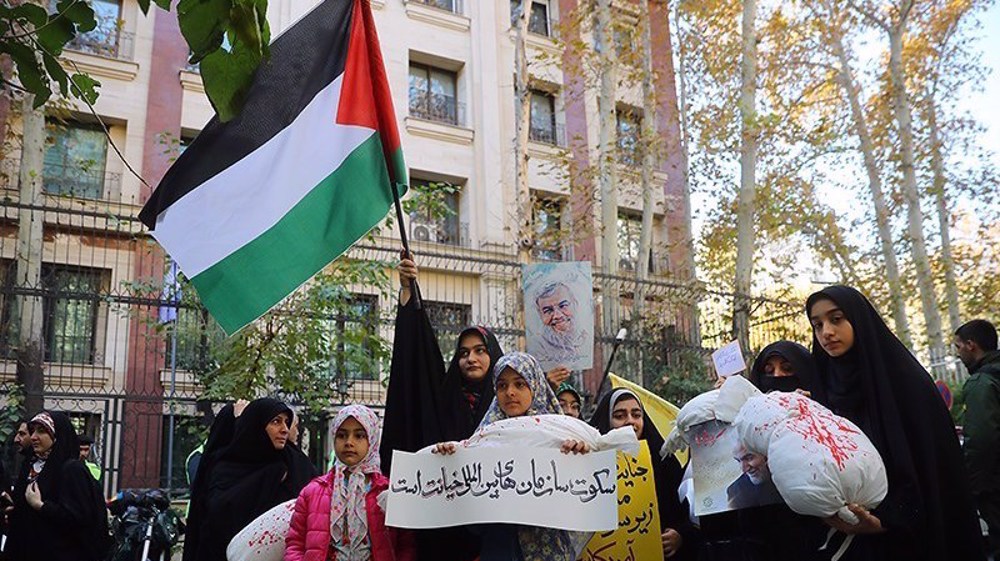
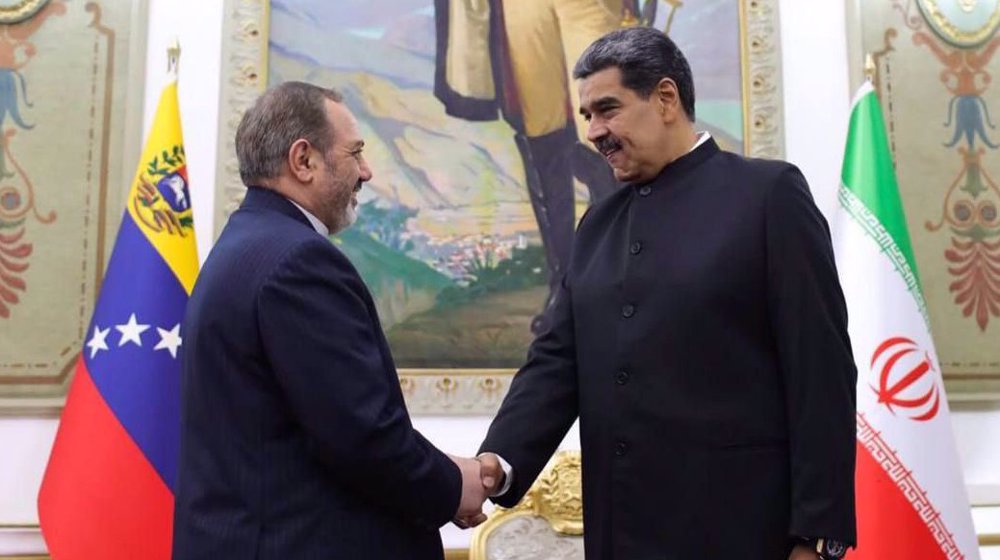
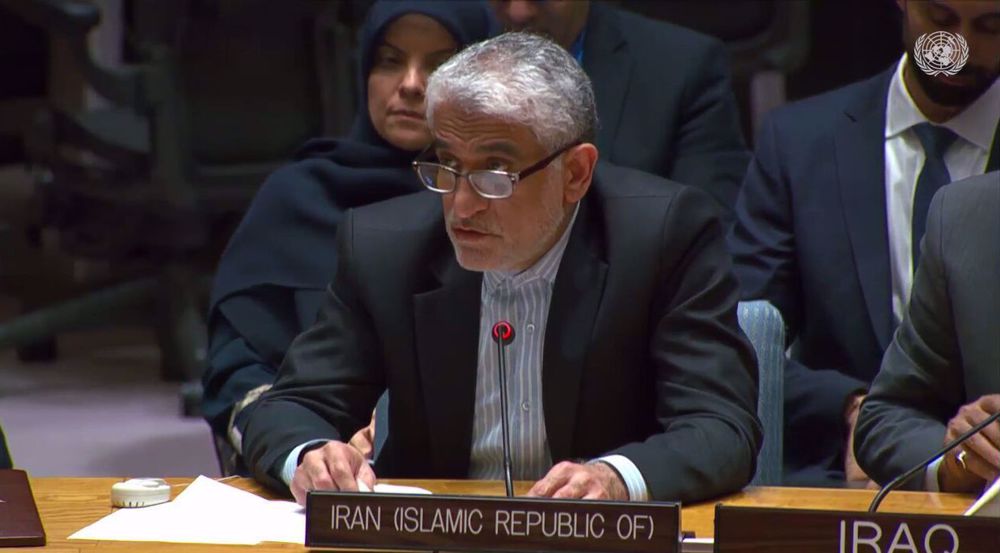




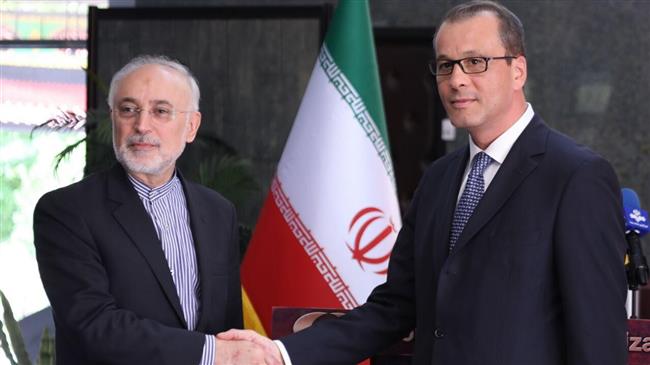
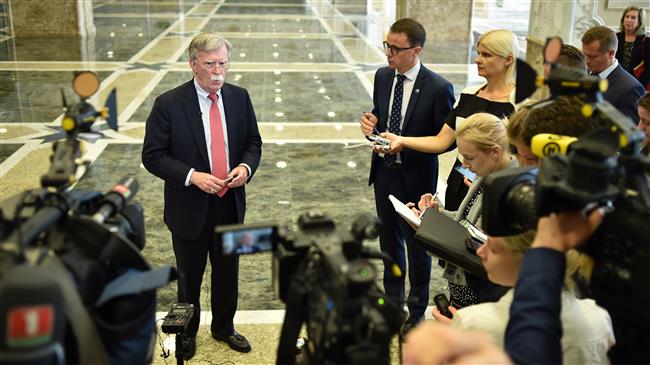
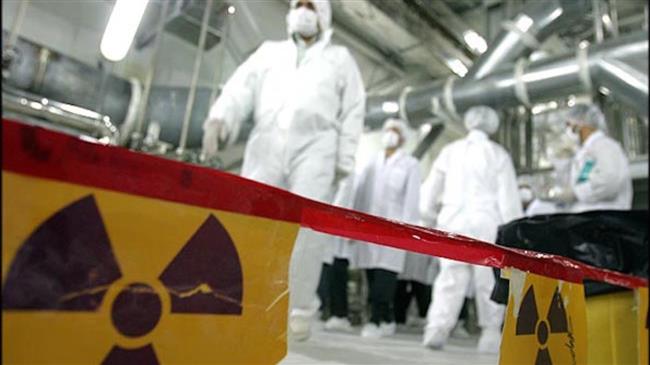


 This makes it easy to access the Press TV website
This makes it easy to access the Press TV website